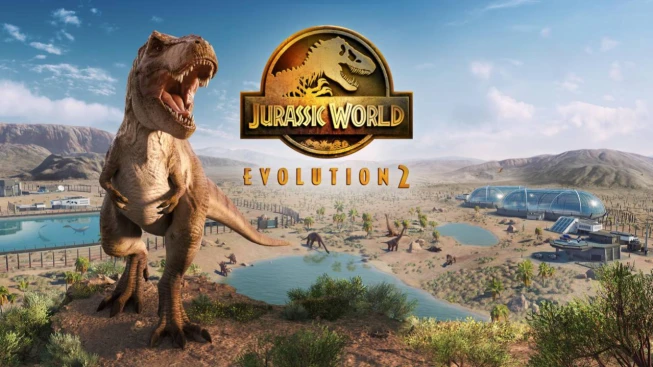Transforming your Jurassic World Evolution 2 park starts with crafting breathtaking dinosaur habitats that captivate visitors. This walkthrough details innovative techniques for constructing visually dynamic and operationally efficient exhibits, ideal for sandbox enthusiasts aiming to elevate their parks.
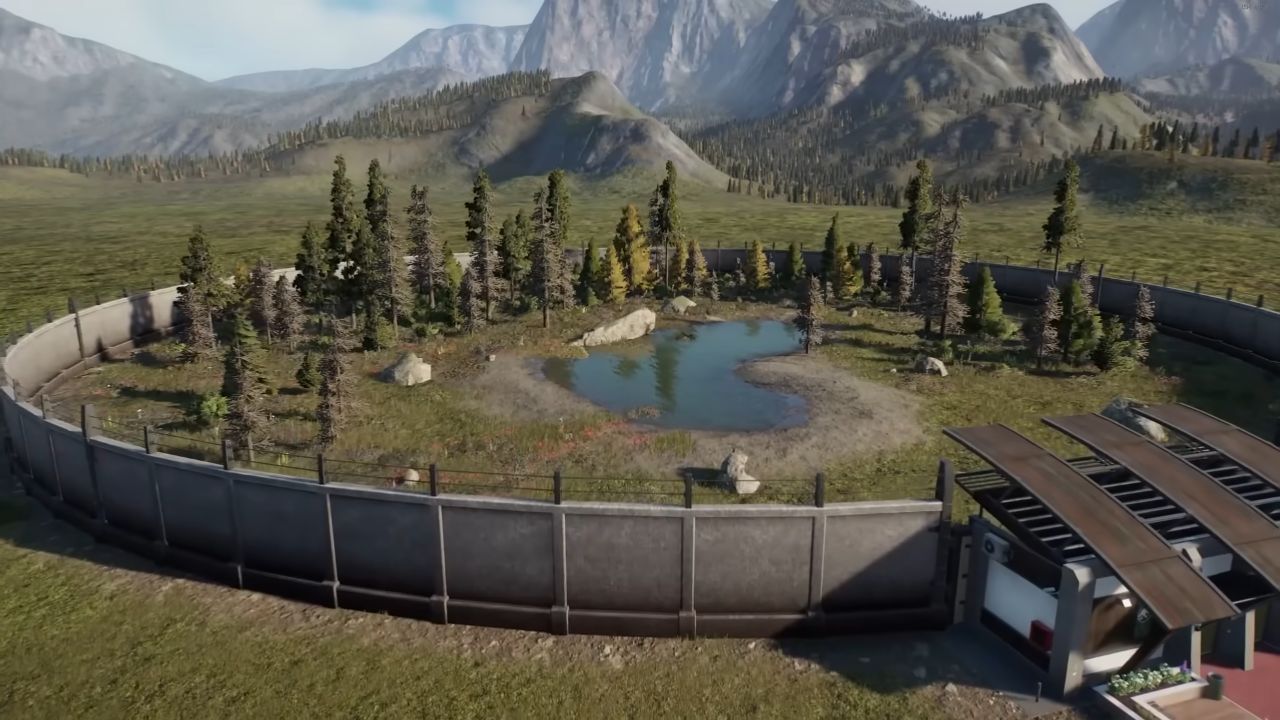
Foundational Design Strategies
Begin by determining your creative direction: either base designs on specific dinosaur behaviors or let architectural concepts dictate species selection. Map out sightlines for viewing galleries using terrain tools or sketches, prioritizing natural backdrops like mountain ridges or water features to enhance immersion.
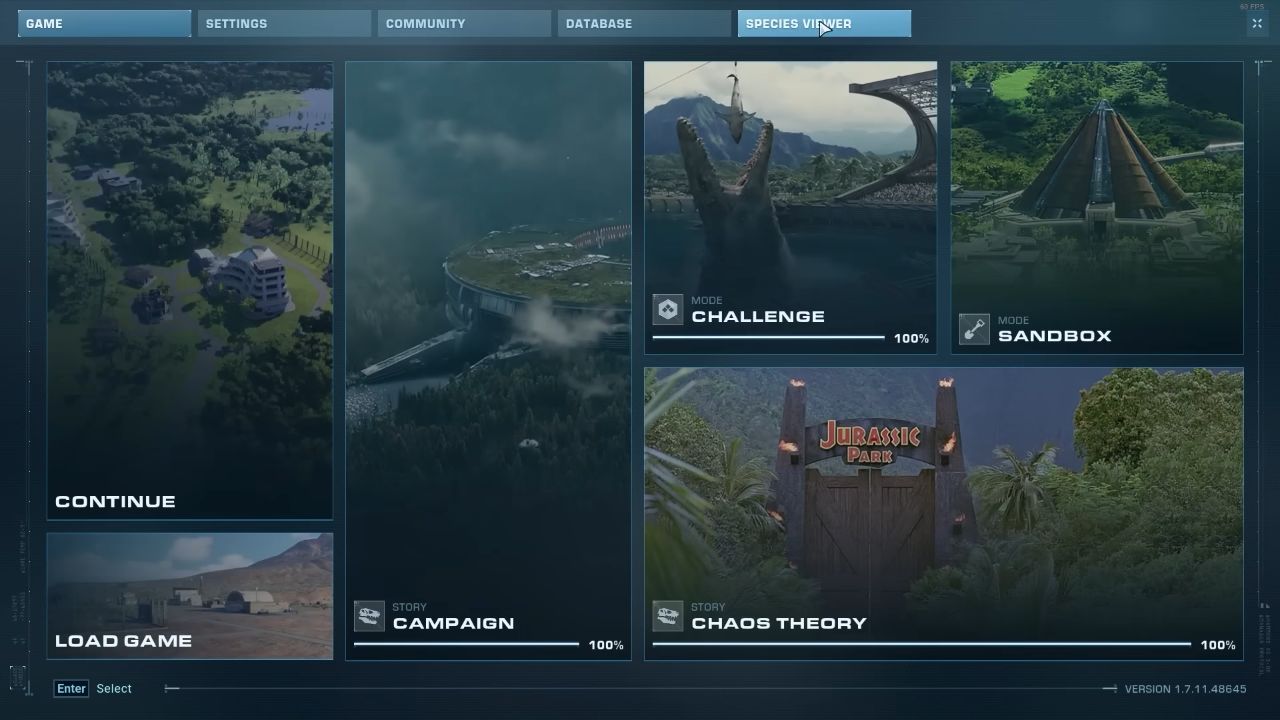



Species Synergy and Spatial Optimization
Match creatures to thematic environments—nocturnal zones might spotlight smaller predators complemented by towering herbivores. Implement enclosed spaces like glass observatories to accentuate scale contrasts between species while ensuring behavioral compatibility.
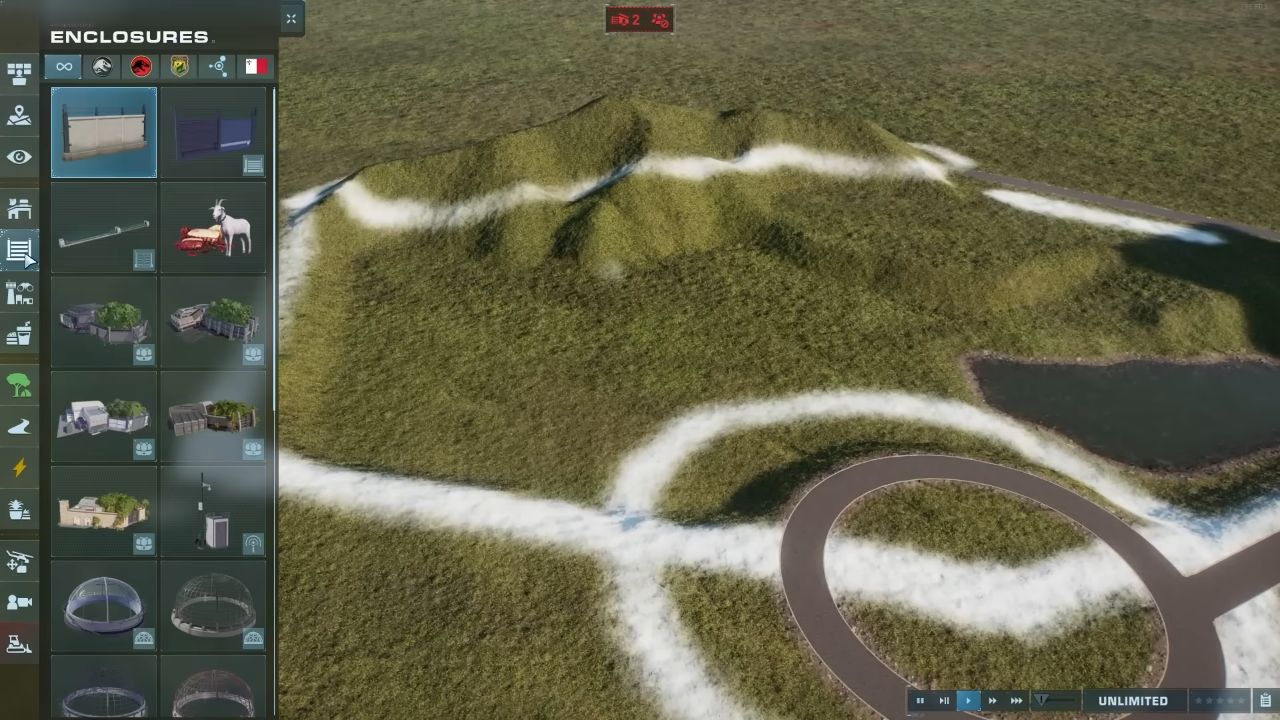



Advanced Construction Methods
Prioritize complex infrastructure like elevated monorails early, using angular path networks for alignment precision. Position feeding stations near observation points to encourage creature visibility, and blend functional fences (like concrete barriers) with decorative elements for seamless integration into landscapes.
Terrain Sculpting Fundamentals
Shape landforms using graded slopes and water basins to direct dinosaur movement. Employ rock clusters and elevation changes to naturally partition spaces, revisiting initial plans as needed—organic adjustments often yield superior results.
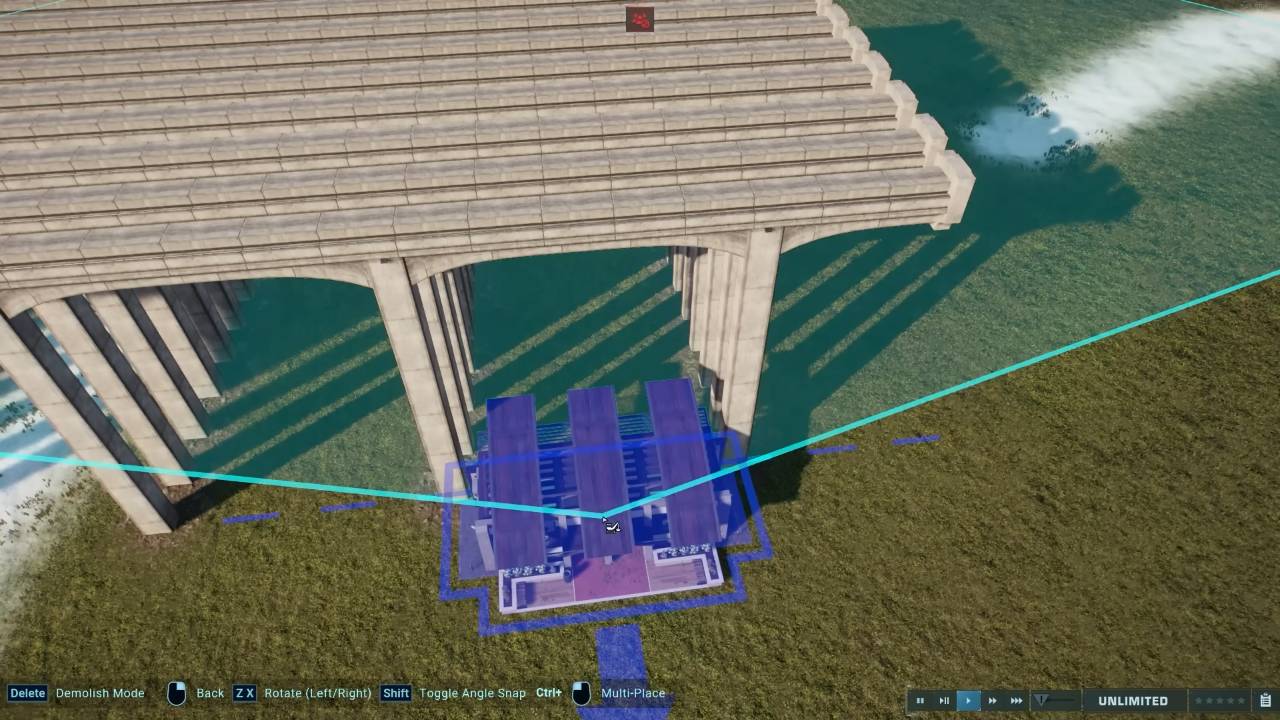



Aesthetic Enhancement Tactics
Utilize varying brush sizes for terrain texturing, combining broad strokes for blending with intricate detailing. Strategically position vegetation clusters to frame guest viewpoints, prioritizing both visibility and natural aesthetics. For creative freedom, disable feeding requirements to focus purely on visual design.
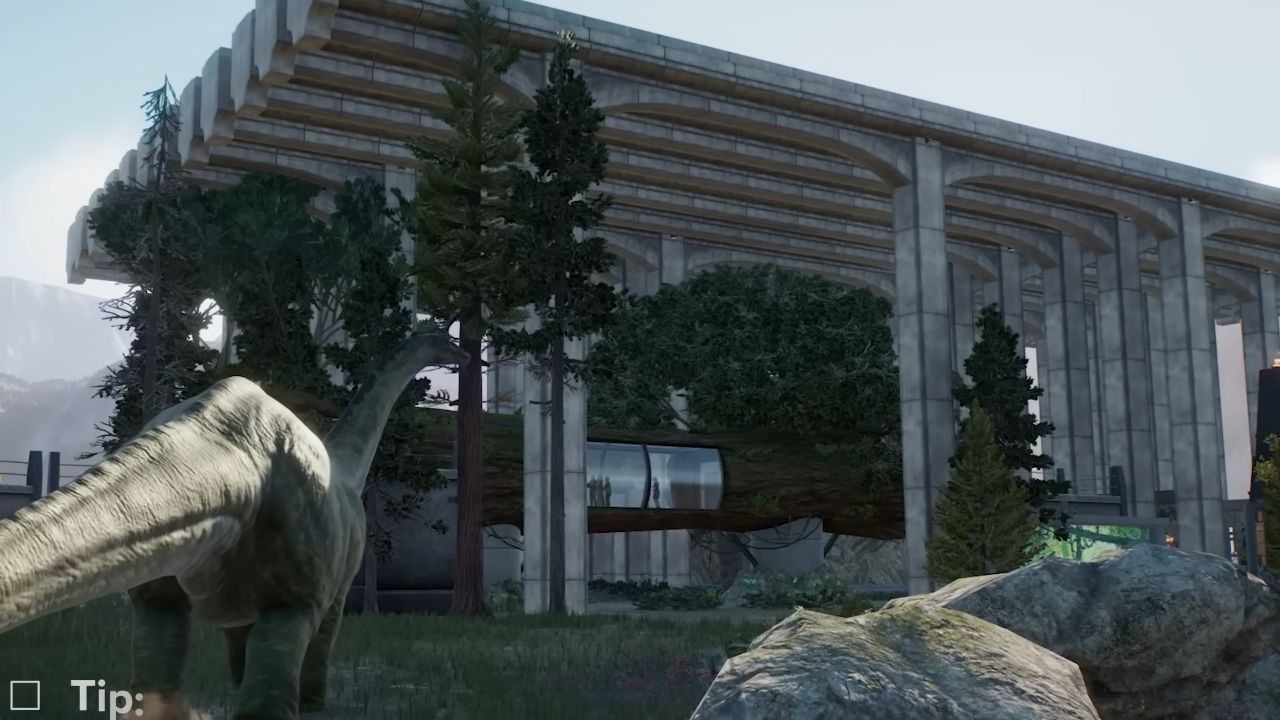



Visitor Experience Refinement
Extend thematic elements beyond enclosures using layered path networks and platformed viewing areas. Integrate architectural relics and custom tunnels to create immersive guest zones. Employ patterned seating areas and scenic overlooks to encourage exploration and photography.
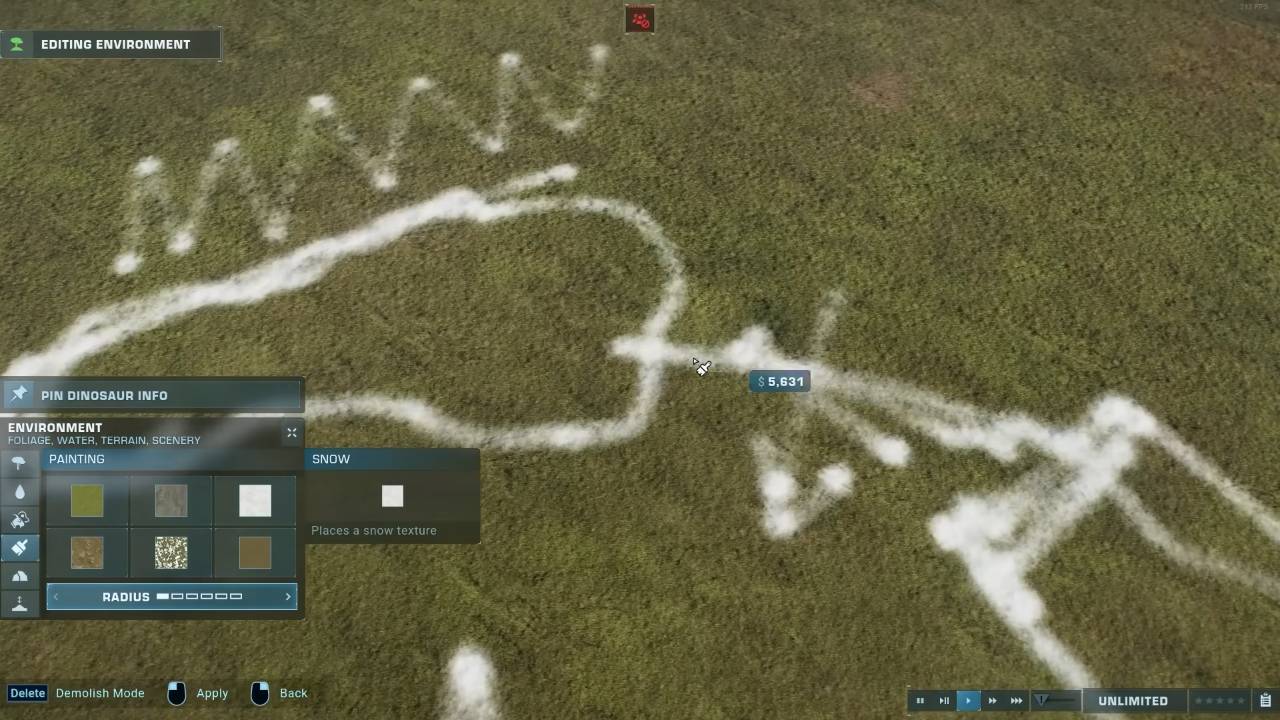



Creative Implementation Approaches
Combine these methods to develop distinctive exhibits that redefine park navigation. Balance intricate centerpiece habitats with simpler satellite enclosures for efficient resource management while maintaining visual cohesion across all areas.

